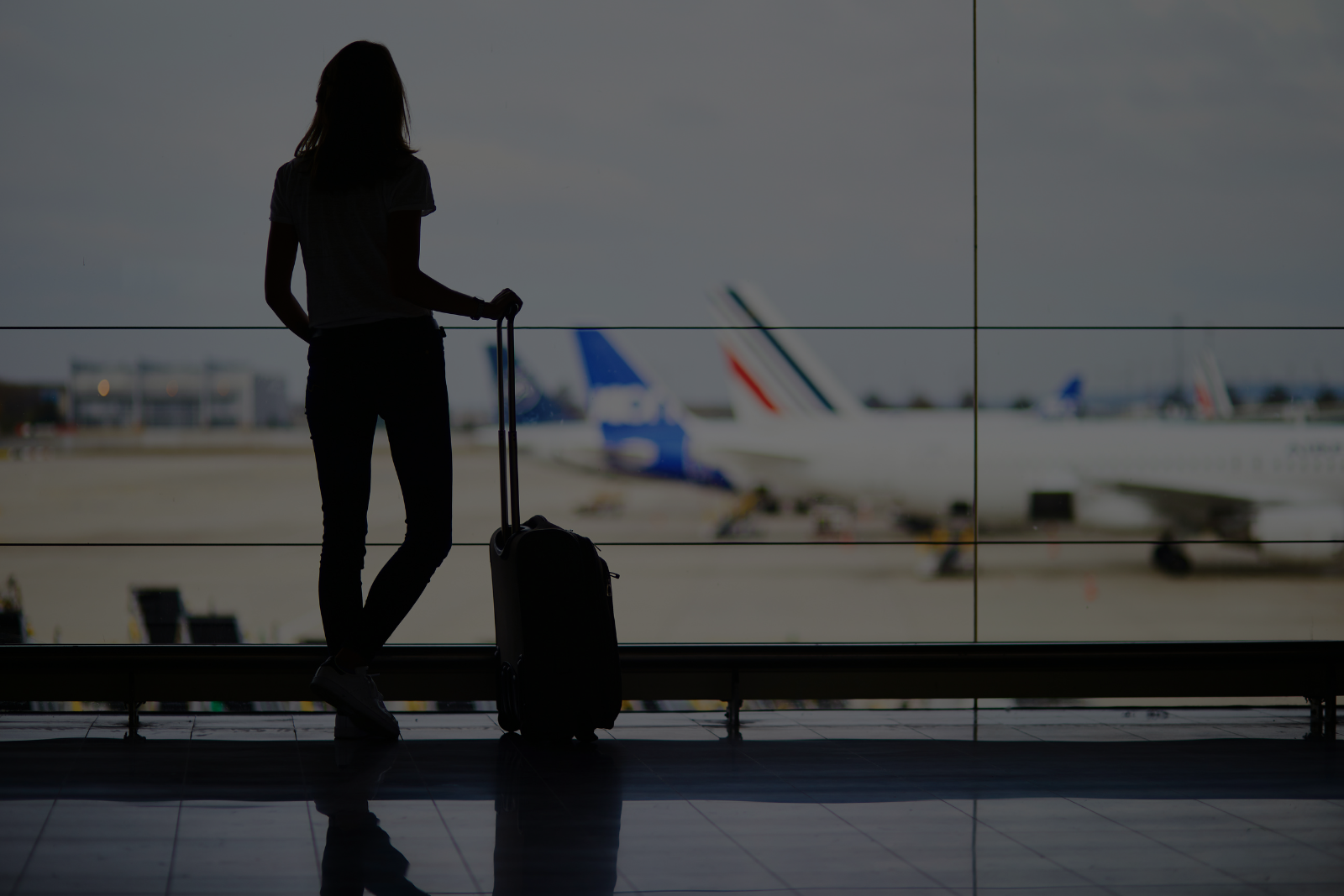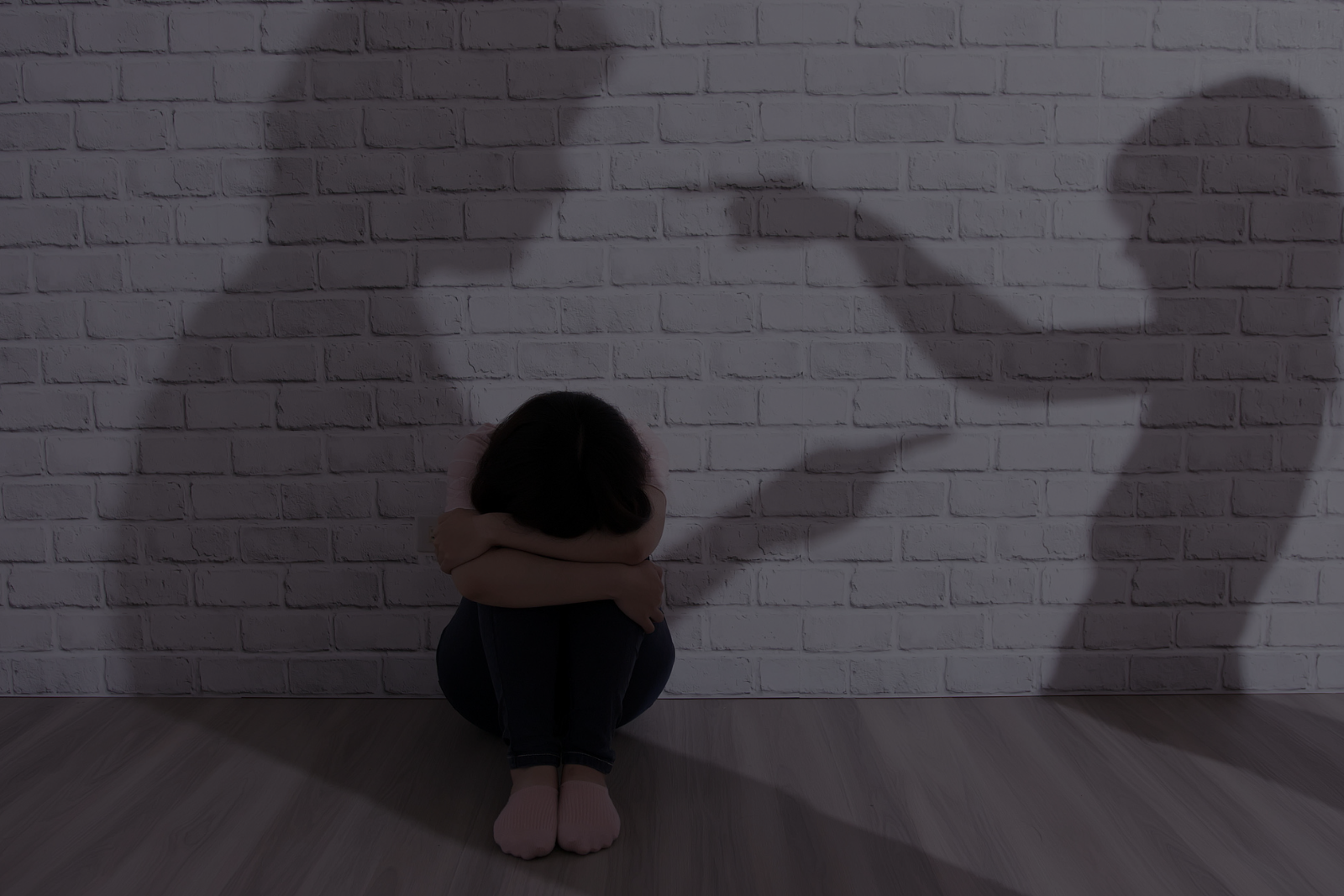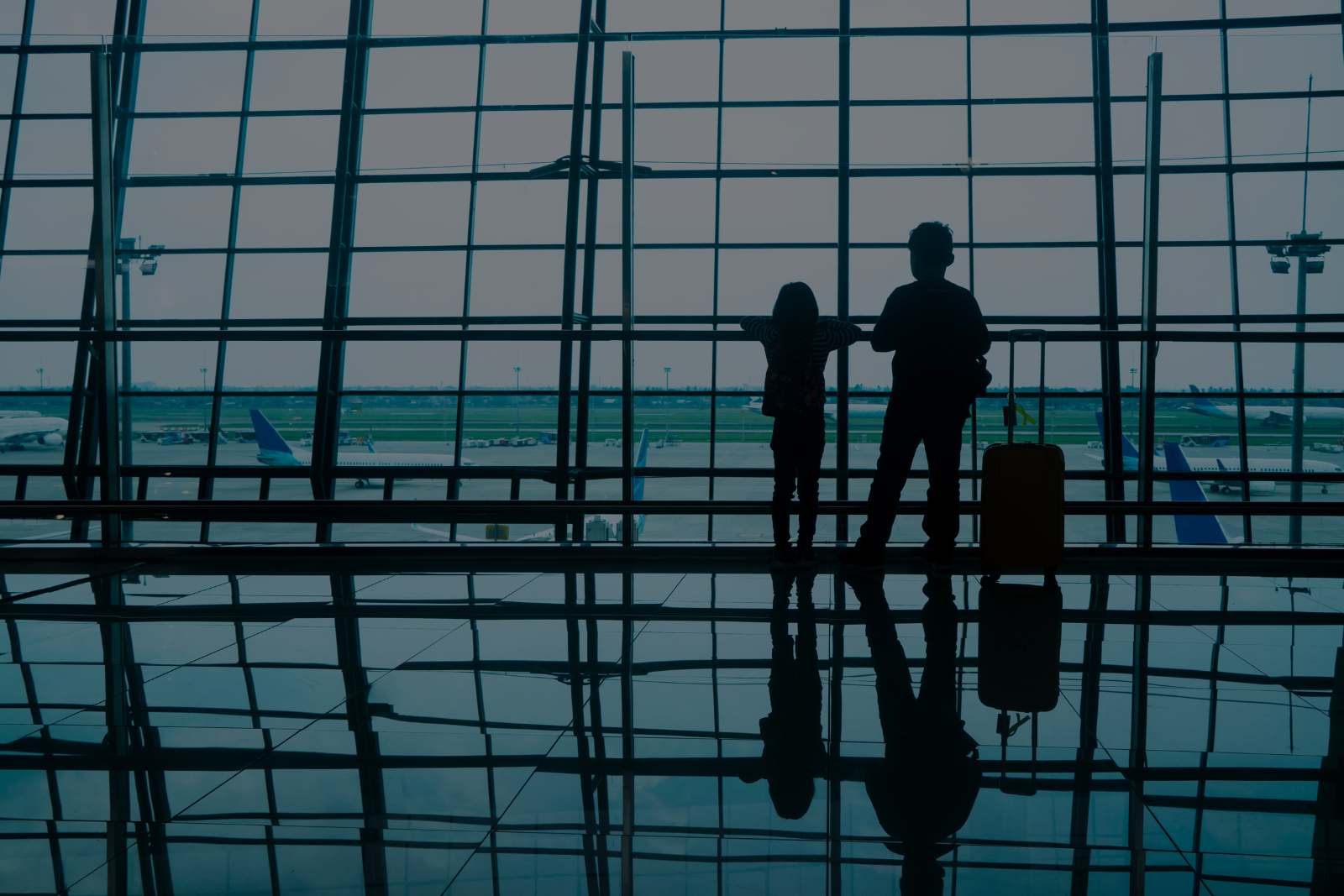Common questions in this difficult time have included whether parents must comply with parenting orders or informal arrangements where the new restrictions appear to be very strict. As we already see across Australia, Police are readily enforcing them and also the significant penalties for any alleged breach.
See also our article on Co-Parenting in the Age of the Coronavirus.
State borders and parenting orders
The effective closure of some state borders has created issues of compliance with parenting orders where parents live in different states.
The Family Court has said that in this difficult time courts were “working with the state and territory authorities to introduce exemptions in relation to movement” across borders, and parents may be required to show their parenting orders from the court to border control personnel “as evidence of essential movement”. They should also carry photo identification. Please check the State and Territory Government websites for regular updates.
General movement between households
The restrictions on movements introduced across Australia do not prevent children moving between parents’ households, but there are cases where existing access arrangements must be altered, such as where a contact centre facilitating access by a parent to a child has temporarily shut.
31 March 2020 – NSW Public Health (COVID-19 Restrictions on Gathering and Movement Order
Following widespread public non-compliance, State and Federal governments have introduced new penalties in order to ensure greater adherence. To help you understand the extent of the new laws we have provided a broad summary of some of the key restrictions and measures in place in NSW as at 31 March 2020 under the NSW Public Health (COVID-19 Restrictions on Gathering and Movement Order 2020):
- You cannot leave your home unless you have a ‘reasonable excuse’ to do so.
- You must practice social distancing in public (i.e. people should maintain at least 1.5 metres between themselves and others).
- Public gatherings (indoor and outdoor) are limited to a maximum of two people (however see further below about households).
- Restaurants and cafes are restricted to takeaway and/or delivery only.
- The following places have been directed to close: public swimming pools, gaming lounges, strip clubs, outdoor playground equipment or gym equipment in a public place and skate parks.
- Weddings are limited to a maximum of 5 people (including the marriage celebrant).
- Funerals are limited to a maximum of 10 people.
- All international travellers arriving in Australia will be quarantined in a hotel for two weeks and will not be permitted to leave their room.
- Occupiers or operators of premises that are outdoor spaces must not allow 500 or more persons to enter or stay on the premises.
- Occupiers or operators of premises that are indoor spaces must not allow 100 or more persons to enter or stay on the premises.
- Occupiers or operators of indoor or outdoor premises must ensure there is a 4 square metre space for each person on the premises.
What is a ‘reasonable excuse’?
We have included the below Schedule 1 of the Order provides a full list of what is considered a ‘reasonable excuse’. The most important Rule here below for parents to understand is Rule 13 of Schedule 1, which states:
For children who do not live in the same household as their parents or siblings or one of their parents or siblings—continuing existing arrangements for access to, and contact between, parents and children or siblings.
Therefore, it will be a reasonable excuse for you to comply with access and contact between parents and children or sibling’s arrangement in place or orders. Similarly, like travelling over borders, it may be useful to carry a copy of parenting orders with you when you are facilitating a changeover. If there are no court orders and you get questioned by police, then simply explain the current parenting arrangements including changeover agreements. These parenting arrangements might include situations where you might be giving the other parent make up time or where they are simply in agreeance to care for a sick child that day for you.
If problems arise with your parenting orders, please immediately contact one of our Sydney family lawyers who will be able to assist with such a family law matter in this difficult time.
Ivy Law Group has just written to the NSW Attorney General about this family law issue and to seek further guidance as the current defence of reasonable excuse does not appear to include other important people in children’s lives such as grandparents, or aunts and uncles or even babysitters or friends who are also usual caring for children in their daily lives. This is obviously of great concern and given a strict reading of the law could find such persons in breach. This may differ if there are court orders that require a grandparent to have time with a child, and given a reasonable excuse includes Rule 11, people Undertaking any legal obligations.
Surely though until such issues are further clarified, the authorities and the courts will be flexible and sensible, but only time will tell.
No matter what as a parent you must for example continue to comply with social distancing rules as far as your contact with the other parent is concerned, unless there is an on the spot emergency involving a child. To assist you in your general lives, the full list of ‘reasonable excuses’ are as follows:
- Obtaining food or other goods or services for the personal needs of the household or other household purposes (including for pets) and for vulnerable persons.
- Travelling for the purposes of work if the person cannot work from the person’s place of residence.
- Travelling for the purposes of attending childcare (including picking up or dropping another person at childcare).
- Travelling for the purposes of facilitating attendance at a school or other educational institution if the person attending the school or institution cannot learn from the person’s place of residence.
- Exercising
- Obtaining medical care or supplies or health supplies or fulfilling carer’s responsibilities.
- Attending a wedding or a funeral (weddings are limited to 5 persons which includes the celebrant, and funerals to 10 which includes the person conducting the service).
- Moving to a new place of residence (including a business moving to new premises) or between different places of residence of the person or inspecting a potential new place of residence.
- Providing care or assistance (including personal care) to a vulnerable person or providing emergency assistance.
- Donating blood.
- Undertaking any legal obligations.
- Accessing public services (whether provided by Government, a private provider or a non-Government organisation), including
- social services, and
- employment services, and
- domestic violence services, and
- mental health services, and
- services provided to victims (including as victims of crime).
- For children who do not live in the same household as their parents or siblings or one of their parents or siblings—continuing existing arrangements for access to, and contact between, parents and children or siblings.
- For a person who is a priest, minister of religion or member of a religious order— going to the person’s place of worship or providing pastoral care to another person.
- Avoiding injury or illness or to escape a risk of harm.
- For emergencies or compassionate reasons.
Taking a holiday in a regional area is not a reasonable excuse.
What if I live with, or work with, more than 2 people – am I in breach of the ‘2 -person’ rule?
No. There are exceptions to the 2-person rule. The main exceptions are:
- gatherings by members of the same household, and
- gatherings which are essential for work and or education.
What is an ‘essential gathering’?
Schedule 2 of the Order provides a full list of what is considered an ‘essential gathering’, which is as follows:
- A gathering at an airport that is necessary for the normal business of the airport
- A gathering for the purposes of or related to transportation, including in vehicles or at stations, platforms or stops or other public transportation facilities
- A gathering at a hospital or other medical or health service facility that is necessary for the normal business of the facility
- A gathering for the purposes of emergency services
- A gathering at a prison, correctional facility, youth justice centre or other place of custody
- A gathering at a disability or aged care facility that is necessary for the normal business of the facility
- A gathering at a court or tribunal
- A gathering at Parliament for the purpose of its normal operations
- A gathering at a supermarket, market that predominately sells food, grocery store or shopping centre (but not a retail store in a shopping centre other than a supermarket, market that predominately sells food or grocery store) that is necessary for the normal business of the supermarket, market, store or centre
- A gathering at a retail store (other than a supermarket, market that predominately sells food or grocery store) that is necessary for the normal business of the store
- A gathering at an office building, farm, factory, warehouse or mining or construction site that is necessary for the normal operation of the tenants within the building, farm, warehouse, factory or site
- A gathering at a school, university or other educational institution or child care facility that is necessary for the normal business of the school, university, institution or facility but does not include a school event that involves members of the community in addition to staff and students
- A gathering at a hotel, motel or other accommodation facility that is necessary for the normal operation of accommodation services at that hotel, motel or other facility
A gathering at an outdoor space where 2 or more persons may be present for the purposes of transiting through the place for example, Town Hall Station or a Mall.
- A gathering at an airport that is necessary for the normal business of the airport
- A gathering for the purposes of or related to transportation, including in vehicles or at stations, platforms or stops or other public transportation facilities
- A gathering at a hospital or other medical or health service facility that is necessary for the normal business of the facility
- A gathering for the purposes of emergency services
- A gathering at a prison, correctional facility, youth justice centre or other place of custody
- A gathering at a disability or aged care facility that is necessary for the normal business of the facility
- A gathering at a court or tribunal
- A gathering at Parliament for the purpose of its normal operations
- A gathering at a supermarket, market that predominately sells food, grocery store or shopping centre (but not a retail store in a shopping centre other than a supermarket, market that predominately sells food or grocery store) that is necessary for the normal business of the supermarket, market, store or centre
- A gathering at a retail store (other than a supermarket, market that predominately sells food or grocery store) that is necessary for the normal business of the store
- A gathering at an office building, farm, factory, warehouse or mining or construction site that is necessary for the normal operation of the tenants within the building, farm, warehouse, factory or site
- A gathering at a school, university or other educational institution or child care facility that is necessary for the normal business of the school, university, institution or facility but does not include a school event that involves members of the community in addition to staff and students
- A gathering at a hotel, motel or other accommodation facility that is necessary for the normal operation of accommodation services at that hotel, motel or other facility
- A gathering at an outdoor space where 2 or more persons may be present for the purposes of transiting through the place for example, Town Hall Station or a Mall.
Can I be fined if I don’t comply with one of the new directions?
Section 10 of the Public Health Act 2010 (NSW) creates an offence if a person fails to comply with these directions, with a maximum penalty of imprisonment for 6 months and/or a fine of up to $11,000, plus a further $5,500 fine each day the offence continues. Corporations that fail to comply with a direction are liable to a fine of $55,000, and $27,500 each day the offence continues.
If I don’t think I have breached a direction can I record the interaction with police?
Recording an interaction with police (to protect your legal interests) is allowed. No doubt there will be problems enforcing the new rules in this difficult time. If you are concerned about an interaction with police, you can record the contact.
If you have any concerns or you want legal advice about such family law matters, in particular with your parenting orders, please feel free to contact Shane Neagle, Ivy law Group’s principal Lawyer and head of its Sydney family law firm team on (02) 9262 4003 or email shane@ivylawgroup.com.au. Please stay safe and well in the meantime.
The content of this article is intended as a general guide to the subject matter. For specific legal advice about your individual circumstances, please contact our experienced lawyers.
Shane leads Ivy Law Group’s Family Law team and has a reputation as one of Sydney’s leading divorce lawyers.
Shane can help with all aspects of family law, including relationship breakdowns, children and parenting matters, financial agreements and property settlements for married and de facto couples.





